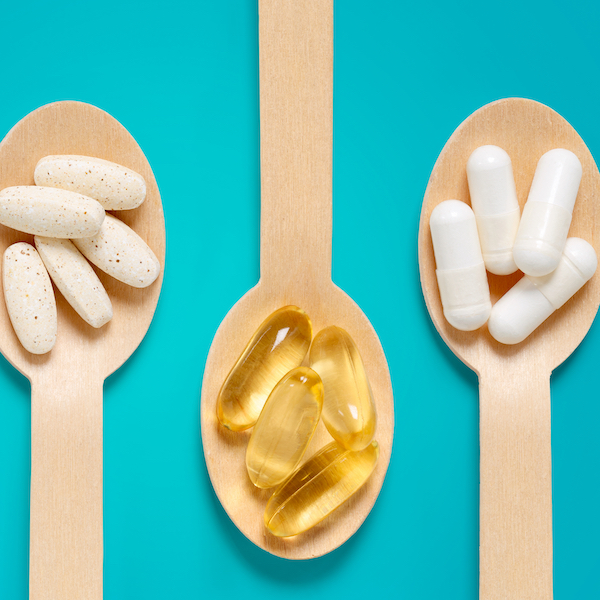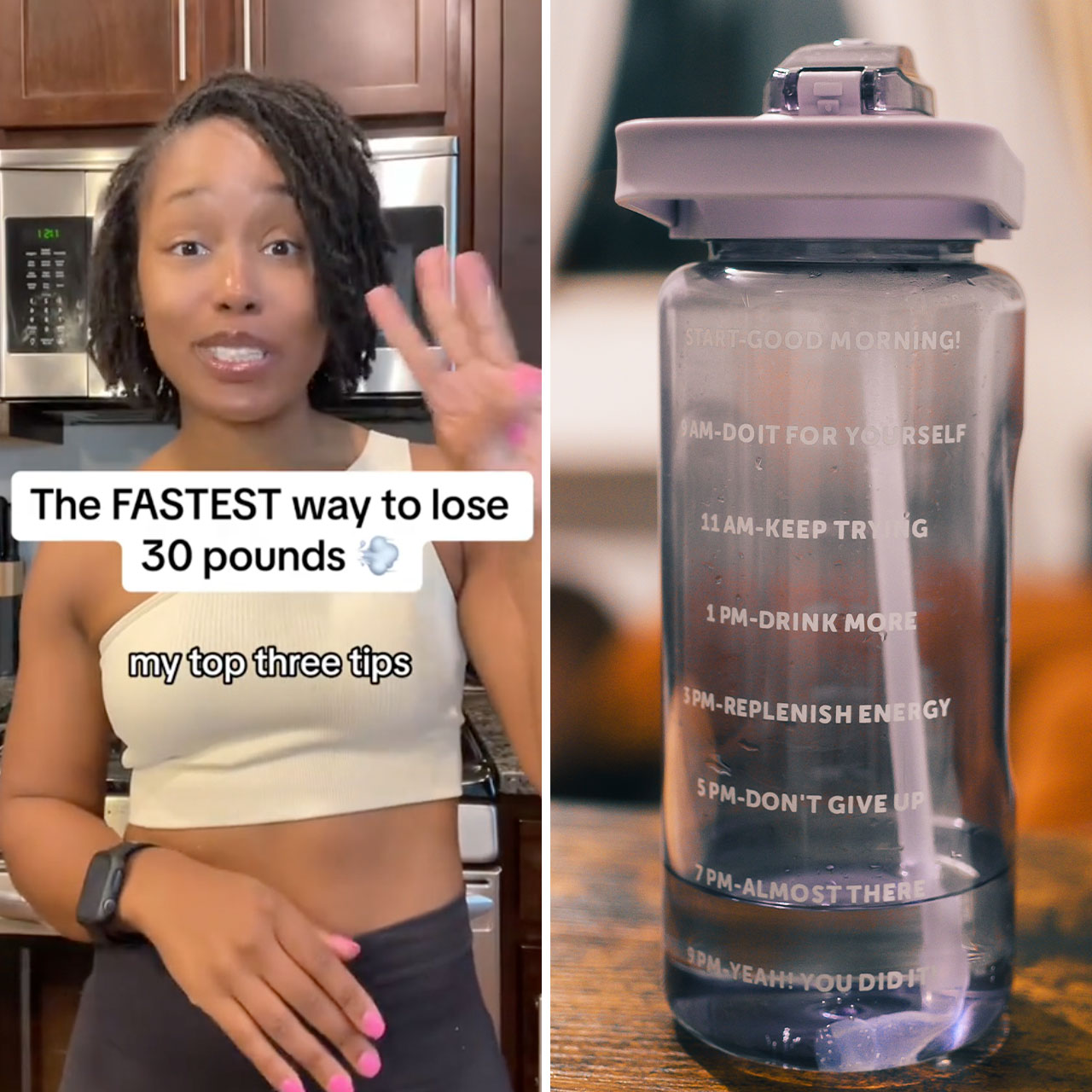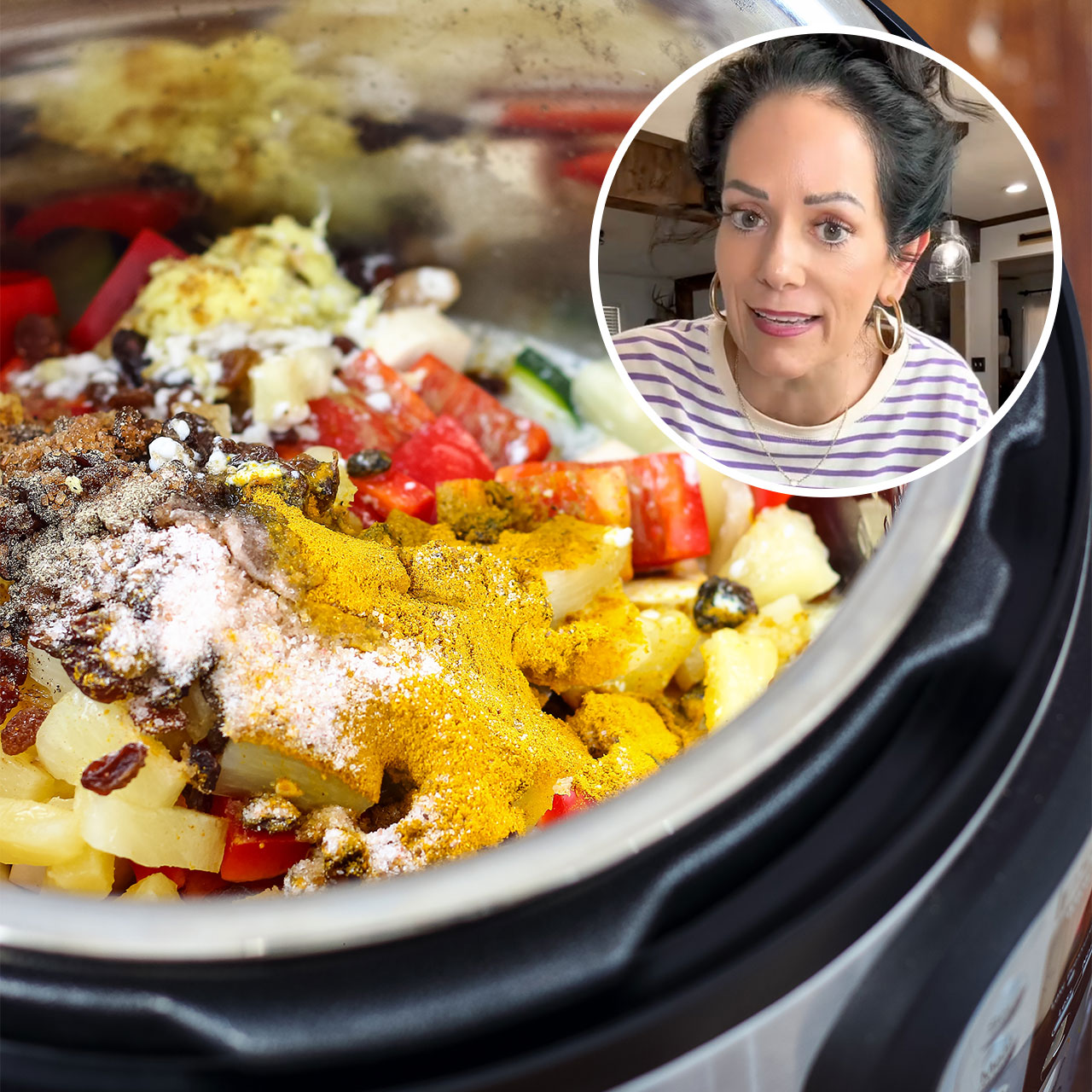This is an archived article and the information in the story may be outdated. Please check the time stamp on the story to see when it was updated last.
Do you find yourself getting sicker in the winter, or constantly having the sniffles? If so, you’re not alone! Many people, especially those of us that live in regions where the winter months bring lower temperatures, take a hit to their immune system in fall and winter. From being in enclosed spaces more frequently to temperatures that allow bacteria to thrive, the colder months are a breeding ground for colds, flus, and other illnesses. With the added pressure of COVID-19, everyone’s trying to find ways to boost their immune system, and supplementation can be a great support for times when your diet and exercise may be lacking.


What are the vitamins and minerals that are most essential for a strong immune system? “There are six nutrients that are critical for optimal immune system support,” says Marie Ruggles, M.S., R.D., C.N., C.D.E., author of Optimize Your Immune System: Create Health & Resilience with a Kitchen Pharmacy, “They include vitamins A, C, D, and the minerals magnesium, selenium, and zinc.” It’s important that you start upping your body’s stores of all these nutrients as we enter into fall so that your body is prepared to fight off potential illnesses.
There are many foods naturally rich in immune boosting nutrients that you should add to your diet. A few of the best are citrus fruits, which are rich in Vitamin C, spinach, which is rich in zinc, and bell peppers, and broccoli, which has Vitamins A and C. The best immune boosting diet is one with lots of variety and balance in whole, natural foods.

Sometimes eating a balanced diet is overwhelming, so it’s best to keep it simple. What is the one supplement you should focus on that will support you the most? Ruggles says the most important supplement to add to your health regimen is Vitamin D. “We know that most people are deficient in D and it is especially important to get your stores up as we head into winter, since it has been shown to help prevent respiratory infections. A recent study also found that it decreases the severity of COVID.” Vitamin D comes mostly from the sun, but can also be found in some foods. Especially with so many people working from home and spending most of their time indoors in general, it’s easy to be deficient in it.
The best way to make sure you’re getting enough Vitamin D is to expose your skin, without sunblock, to direct sunlight for fifteen minutes, three times a week. As far as foods, mushrooms and fatty fish, such as salmon, contain small amounts of Vitamin D that can give you an extra boost. But, if you live in an exceptionally cold climate where sunlight is limited during the winter, it’s best to invest in a good quality supplement. Staying healthy during the cold season starts with a balanced diet, but supplements can help. If you would like to start a Vitamin D supplement, consult with your doctor about the best dosage for you.


























